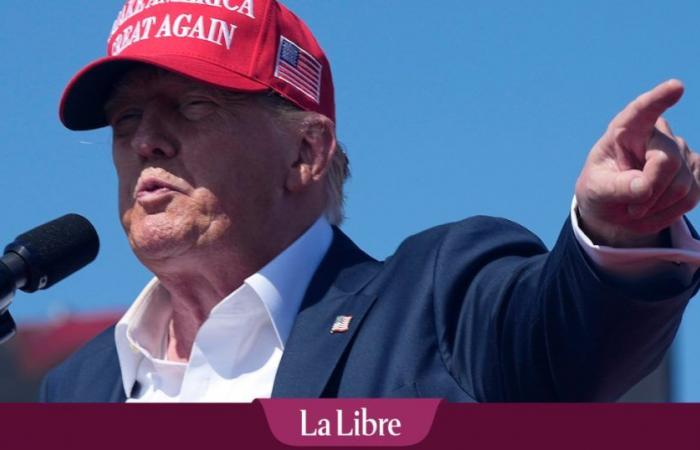By deciding on February 28 to take up this question, then by scheduling the debates nearly three months later, the highest court in the United States has already considerably postponed the federal trial of the former Republican president for attempting to illegally reverse the results of the 2020 election won by his Democratic successor Joe Biden.
The entire procedure for this trial, initially scheduled to start on March 4 and postponed indefinitely, has therefore been suspended for four months. The slim chances that it can still begin before the November 5 election between Donald Trump and Joe Biden depend entirely on the scope and wording of the decision of the nine judges.
In particular, they could refer the case back to lower courts to determine which acts are likely to escape prosecution, which would inevitably lead to further delays, while the organisation of the trial, once the suspension is lifted, is expected to take more than two months.
Supreme Court offers Donald Trump the respite he’s been craving
During the debates, if the judges were generally skeptical of the absolute immunity claimed by the Republican candidate, several, particularly among conservatives, insisted on the long-term repercussions of their decision.
“We are writing a rule for posterity,” observed Neil Gorsuch, referring to the unprecedented nature of the question.
“This affair has enormous implications for the future of the presidency and the country,” added his colleague Brett Kavanaugh.
Appeal
Targeted by four separate criminal proceedings, Donald Trump is doing everything possible to go to trial as late as possible, at least after the presidential election.
He was found guilty on May 30 by the New York courts of “aggravated false accounting to conceal a conspiracy to subvert the 2016 election.” He will be sentenced on July 11.
But this first criminal conviction, unprecedented for a former American president, in the least politically heavy of the four procedures, also risks being the only one before the vote.
Because through appeals, Donald Trump’s lawyers managed to postpone other trials until further notice, at the federal level for withholding classified documents after his departure from the White House and before the courts of the key state of Georgia (southeast) for election interference in 2020.
If he were elected again, Donald Trump could, once inaugurated in January 2025, order an end to federal proceedings against him.






